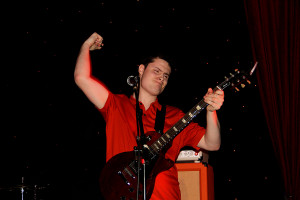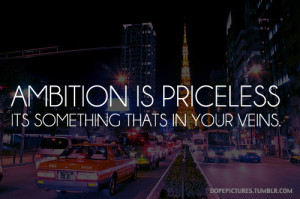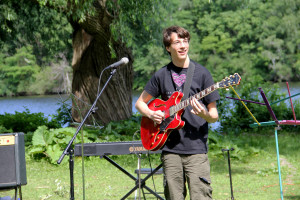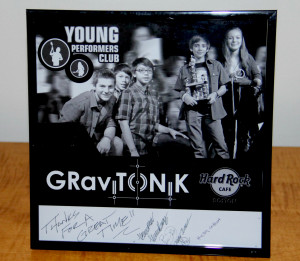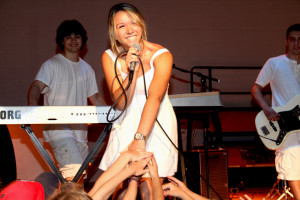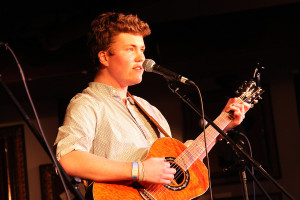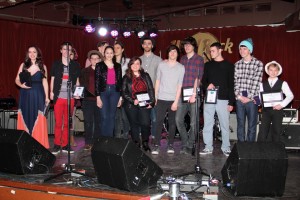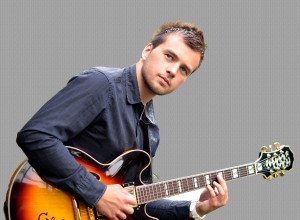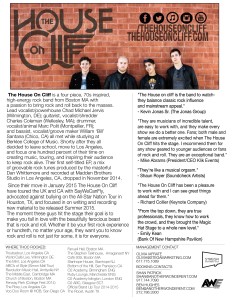We want you all to succeed, but without practicing…
- your progress will suffer,
- you will be less motivated,
- you will have a hard time reaching your goals,
- you will appear as lazy and uncommitted.
Young performers have a wide range of practice programs, from casual independent jam sessions to a more committed schedule of training with industry professionals. We love to ask young performers how much they practice, and are amazed at the different responses we receive. Some young performers get more focused when there is a gig or competition on the schedule, while others have a consistent, defined plan and are focused every day on their music training. Practice includes at home sessions, gig rehearsals and music lessons. Live gigs are a form of practice, but should not replace regular practice time. We feel, regardless of your talent level and success with your instrument, that having a well-defined practice plan will benefit you. If you have had a big year winning awards and achieving your short-term goals, that doesn’t mean you should stop practicing or practice less.
We love it when we hear, “I know what I want to do with my life; I want to perform and have a career in music.” Wanting this is not enough, as it requires a monumental commitment and sharp focus if you are going to realize any success in music. It is a good idea to revisit your goals frequently and devise a plan to achieve them. Look around you and see what artists have had success. Just because you get an audition on American Idol or The Voice, or even end up on a TV show, you still need to promote yourself and grow as an artist. Performing at the same types of venues/events may not be enough, so you need to reach high each and every day. What did you add to your resume this year? We just posted our new blog on 2015 young artist accomplishments on our Facebook page and asked for people to email us their information for our next blog. Shockingly, we received a handful of responses. This is FREE PR, so it is crazy to think that people can ignore these opportunities for greater exposure.
We searched our market region for a young performer we feel has a great system in place for making sure he gets sufficient/quality practice time clocked in each day. Ian Tengler, Coda Sky’s lead guitarist for over two years, composer, and college music student, has designed a very serious plan for practicing. He believes critiquing his own practices makes a huge difference in his skill development and that you can be your own best judge. What is most interesting about Ian’s program is that it is entirely self-directed. He is motivated and always has an eye on his goals to assess if any adjustments need to be made. Ian credits his practice consistency with changing his quality of playing. He also utilizes the metronome a lot and works on his timing and rhythm every day.
While working with the band, Ian always came to practice prepared and ready, even if he had a week of exams to study for. He never complained and was always excited to be there. We often hear bands are not in balance in terms of each member’s commitment level, and as a result little progress gets made. Oftentimes, bands break up when the members can’t agree on when, how long, what and how to practice.
Ian loves to watch other famous guitarist videos, as it helps him take on new challenges. He has been doing this since he was 12 years old, and enjoys taking on the best of the best to see how fast he can play. According to Ian, “You can’t take your talent for granted, or you will lose valuable skills along the way.” As Ian explained, being in a band enabled him to be challenged, not only by learning new songs, but also by how to relate to the band and let it all go on stage. “Being able to look out to the audience and not visually focus on my instrument was very difficult in the beginning, but the at home video critiques and having full confidence in knowing the songs helped a lot.”
This is the quote Ian lives by each day: “You have to work hard to achieve greatness and if you set your mind to do something, anything is possible.” Ian’s Instagram videos got our attention as he posts frequently and takes on complex songs. He explained he sometimes does twenty takes before posting a thirteen second video, so he can feel confident he is posting the best video possible. Each video post is a reward to him and every like/comment on his posts really means a lot. Ian feels he has grown a lot as a musician over the last few years and has broadened his world of music by taking on songs in other genres. In the beginning, he was all about heavy metal, but now also regularly plays a wide range of genres, including pop.
In terms of duration of practice times, Ian indicated he practices 2-3 hours each day and 5-6 hours on the weekends and occasionally time just gets away from him. It is all enjoyable time, and he feels confident his program will help him stand out as a lead guitarist and help him reach his goals. “Practice is the key to bumping my skill-set to the next level.”
We frequently ask area bands how much they practice and it seems it is once again wide-ranging, with some practicing one time each week and others 2-3 times each week and more when they are recording or doing gigs.
In addition to his independent practicing, over the course of Ian’s ten years of playing the guitar he has been both self-taught and has trained with fantastic teachers and players that have helped turn him into the musician/performer that he is today. Even to this day, he takes guitar lessons, which is in addition to the training he does in school.
Ian responded to additional questions on advice to other young performers and how much practice has helped him.
Do you feel your practice program has helped you become a stronger guitarist?
Without a doubt! There is no downside to practicing! It allows me to improve on many dimensions. If I do have questions while I’m practicing a new “lick” or I’m stuck on a cord progression, I can always ask my guitar teacher, or look it up on YouTube, or just keep at it. Practice is the key to bumping my skill-set to the next level. I also submit for online contests as it is a good motivator and winning and placing is a great reward to my hard practicing.
Who inspires you to be a better musician?
Over the years, I have been inspired by many guitarists (John Mayer, Steve Vai, John Petrucci, BB. King, and Joe Bonamassa). But these past couple years, I’ve really been inspired by John Petrucci of Dream Theater. John has such phenomenal technique and just has great musicianship. When I saw Dream Theater, live in 2014 in Boston, it was amazing to see one of my guitar heroes play onstage. Keep in mind, I was in the ninth row from the stage and I was in shock pretty much the whole time because John Petrucci is not “human” when he plays guitar (and that is a good thing). I truly believe that he has made me a better musician.
What recommendations do you have for other young performers?
My advice to other young performers is to always keep trying to make your dreams a reality, because if you try, and work hard enough, your dreams will come true. This tip is for all musicians: don’t just listen to one genre, listen to all the music you can find, because it will make you more versatile and it will only help you in the long run. That one thing alone has helped me tremendously. I say this because when I was first starting to play the guitar, I listened to, and only wanted to play exclusively, heavy metal. But as I progressed in my playing, I got into jazz, funk, blues, classical, R&B and good old Rock n’ Roll. I still listen to and like metal, but I wanted to be more versatile and play all different genres. Last but not least, do not be afraid to critique your own work. Really listen to yourself; watch yourself on video and break down your sound as well as your performance!
I noticed all your videos on Instagram. Do they help you to critique your development?
I have made hundreds of videos on Instagram, and as I watch them over again, I can critique my work so the next video will be even better. I make guitar videos on Instagram for the fun of it, and I like sharing music with others and hopefully the people watching will enjoy it as well.
You may follow Ian on Instagram @lespaul16 and on YouTube.
We hope this blog helps motivate young performers to work hard and be goal oriented. We feel with focus you can make tremendous progress.
Steps to organizing a practice program
- Establish a realistic time of the day and amount of time for your practices
- BE CONSISTENT!
- Keep a practice journal so you can follow your progress and track how you are meeting your goals
- Work smarter, not necessarily harder
- Find others to critique your practice
- Videotape yourself and critique your own performance
- Post videos online and see what types of comments you receive
- Switch things up here and there to take on new challenges and make it more fun
- Practice with other musicians and take on new, challenging songs
In summary, being goal oriented and focused will make a huge difference in your development and success as a musician. Music is no different than any sport; you need to get those goals and touchdowns, and without practicing the competition will push you aside and win.
